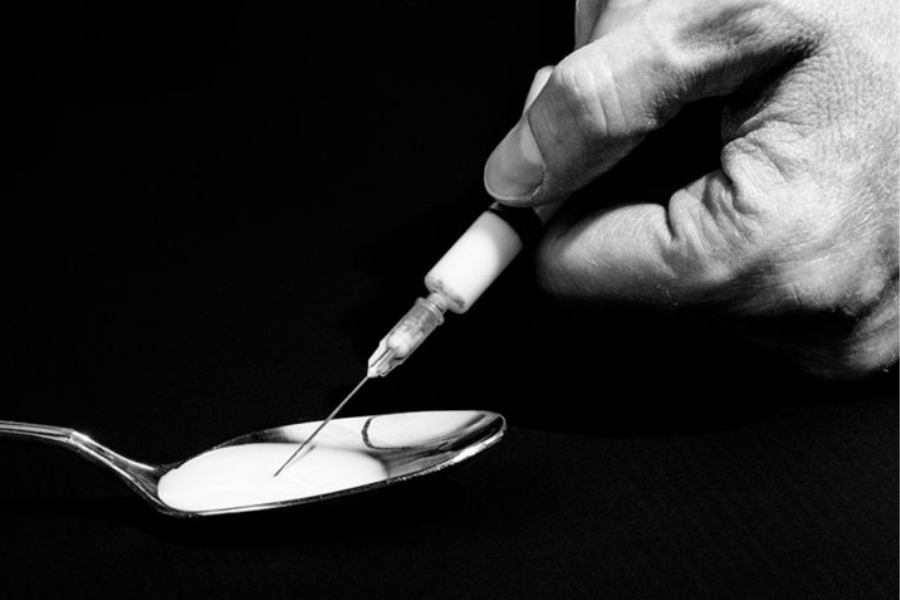Based on the results of limited data from ecological studies, some researchers have suggested that marijuana may be a viable alternative to opioid pain relievers and a possible solution to the opioid crisis. New research, however, found that marijuana use actually increased non-medical opioid use. In a study of 211 patients from the greater New York area, subjects using marijuana were 86% more likely to engage in non-medical opioid use (ie took more than prescribed or used illicit opioids). This relationship persisted after investigators controlled for demographic characteristics and did not differ according to pain level. In other words, the association between marijuana use and nonmedical opioid use was the same in patients with mild pain as it was in those with moderate to severe pain. This suggests that marijuana was not used as a substitute for opioids in this population.
Drug Free America Foundation epidemiologist Dr. Sharif Mohr remarked, “Although earlier ecological studies covering a short range of time found an association between medical marijuana laws and reductions in overdose deaths, this finding is not borne out in studies of individuals. Ecological studies are always subject to the ecological fallacy in which conclusions about individuals are drawn from aggregate data. And marijuana use resulted in higher levels of post-op opioid use in surgical patients in previous research. Marijuana legalization is not the answer to the opioid epidemic—all the scientific evidence indicates that it will exacerbate rather than ameliorate problematic opioid use.”
Source: , , , , , and (2021) Is Cannabis being used as a substitute for non‐medical opioids by adults with problem substance use in the United States? A within‐person analysis. Addiction, 116: 1113– 1121. https://doi.org/10.1111/add.15228.






